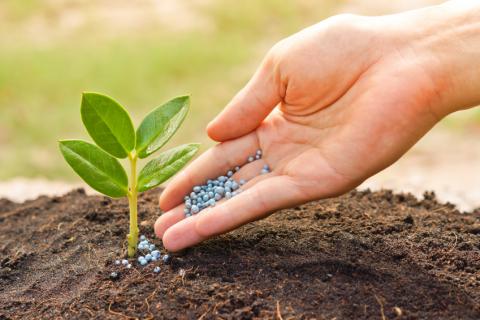Jeff Hill is an agronomist passionate about nature and animals.
Living mulches can be of tremendous help if you want your garden to take care of itself.
Living mulches work because they take nutrients and water away from the weeds. They also compete with weed for sunlight. Living mulches also occupy the soil that would otherwise be exploited by weeds. In the meantime, living mulches also add fresh roots to the soil, helping it build more organic matter.

In addition to weeds, living mulches compete with desired plants. You can avoid this competition by planning your garden strategically and choosing plants with various heights. This will allow your plants and the mulches to get water, nutrients, and sunlight without having to compete with each other. Maintaining a buffer between vegetables and mulches can further help avoid competition.
There are three categories of living mulches. They are green manures, groundcovers, and intercrops. Green manures enhance the soil with nutrients and organic matter. They also create a diverse and rich habitat for soil organisms, which leads to increased diversity of garden life. As their name suggests, groundcovers are low-growing plants that form a cover on the soil. They require almost no maintenance. Unfortunately, a lot of garden centers sell invasive plants as groundcovers. Make sure to check with a local extension service before buying any groundcover plants to keep your garden safe.
Intercrops are the crops that grow in close proximity to other plants. Instead of planting vegetables in separate blocks, you can plant them close to each other to increase the diversity and productivity of your garden. Seek help from certified agriculture experts like Jeff Hill if you need a professional opinion about your garden.









